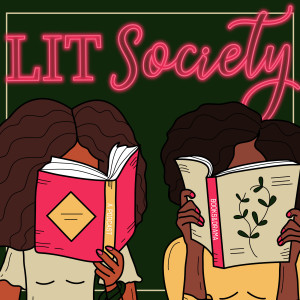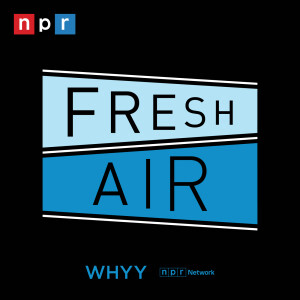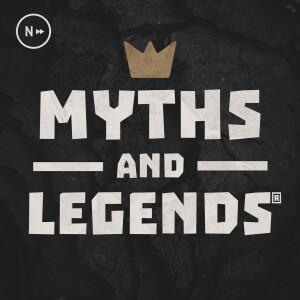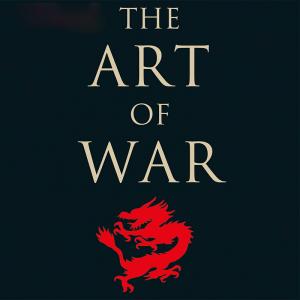

SCOTT TIMBERG discusses his new book CULTURE CRASH: THE KILLING OF THE CREATIVE CLASS, together with JANET FITCH
Culture Crash: The Killing of the Creative Class (Yale University Press)
Rapid change is part of life in the twenty-first century, and we must all adjust to an evolving world. But for many thousands of creative artists, a torrent of recent changes has made it nearly impossible to earn a living. A persistent economic recession, social shifts, and technological change have combined to put our artists and those whose work supports them—from graphic designers to indie-rock musicians, from architects to booksellers—out of work.
As a group, artists, writers, and musicians have never been rich, but for most of American history, Scott Timberg argues, they have been able to build modest middle class lives through diligent work. Today, even artists who are quite successful—musicians with loyal fans and respected albums, award-winning novelists, visual artists with work in museum collections, architects with national reputations—cannot hold onto the benefits of the middle class: stable housing, access to healthcare, and educational opportunities for their kids. Along with artists themselves, the institutions and structures that have traditionally supported them have been decimated. Publishers, booksellers, galleries, record and video stores, radio stations, and newspapers have hemorrhaged jobs in a world of instantly available digital content and music piracy.
In addition to a brutal recession and a tidal wave of technology, Timberg examines other drivers of the crisis. Trends in academia have devalued literature, focusing instead on impenetrable theory. An avant garde that disdains “middlebrow” artistic production has led to a shrinking audience for art. Radio monopolies have homogenized the airwaves. The music industry has invested almost all resources in a tiny number of hitmakers. Perhaps most important, entrenched stereotypes of artists as idle dreamers or entitled bohemians, rather than hardworking, highly trained professionals, have made it hard for the broader society to see their vital economic and cultural contribution. Americans respond with more sympathy for job losses in the agrarian economy or in manufacturing than to similarly devastating losses in the creative economy.
Timberg considers both the human costs and the unintended consequences for America if the people who create and support culture cannot stay in the middle class. When only the independently wealthy can afford to engage in creative pursuits, he warns, culture becomes more narrow, robbed of important and critical perspectives. When artists and artisans can’t make a living, we all pay the price.
Full of original reporting and thoughtful analysis, Culture Crash provides a sweeping overview of a very real crisis affecting real workers and their families as well as the broader culture. It is alarming and essential reading for anyone who works in a creative field, knows someone who does, or cares about the work artists produce.
Praise for Culture Crash:
“Scott Timberg has written an original and important study. He explores some of the most pressing cultural issues affecting the arts and intellectual life with remarkable clarity. This is the first analysis of our current culture from the bottom up—the precarious situation of the individual artists, writers, and musicians who are now struggling to survive.”—Dana Gioia, poet and former Chairman of the National Endowment for the Arts
“I read Scott Timberg’s pieces every week without fail. It’s great to see his book Culture Crash debunk the mumbo jumbo about the long tail, file-sharing, free information, and positive thinking —and take a hard look at what it all means for artists, musicians, critics and teachers.”—Dean Wareham, lead singer of Luna and author of Black Postcards: A Memoir
“We’ve all had the feeling of these enormous changes—long in the making, not ‘at the last minute’—but Scott Timberg has the synthesis that makes them make sense. Culture Crash throws a clear, defining light on the squeeze that digitally-based economies have put on our artists, the analog makers who have always defined us to ourselves. A hugely important book.”—Sven Birkerts, author of The Gutenberg Elegies: The Fate of Reading in an Electronic Age
“With coolness and equanimity, Scott Timberg tells what in less-skilled hands could have been an overwrought horror story: the end of culture as we have known it. He mourns the loss of independent book- and record-store clerks who evangelized for quality. He grieves for artists' ‘day jobs’, which allowed creative workers a toehold in the middle-class. Culture Crash is an urgent, necessary book (or eBook) for anyone who has ever been moved by a song, a film, a paragraph or a painting. Without the humanities, Timberg cautions, we may lose our humanity.”—M.G. Lord, author of Forever Barbie and The Accidental Feminist
Scott Timberg is a Los Angeles-based culture writer, contributing writer for Salon, and onetime LA Times arts reporter who has contributed to The New York Times, GQ, and The Hollywood Reporter. He is the co-editor, along with Dana Gioia, of the anthology The Misread City: New Literary Los Angeles. A graduate of Wesleyan University and the University of North Carolina at Chapel Hill, he runs ArtsJournal’s CultureCrash blog and lives in Los Angeles with his wife and son.
Janet Fitch is the author of the novels Paint It Black and White Oleander. Her short stories and essays have appeared in anthologies and journals such as Black Clock, Room of One's Own, and Los Angeles Noir, and she is a contributing editor at the Los Angeles Review of Books. A film version of Paint It Black has been recently shot in Silverlake and downtown. She is currently finishing a novel set during the Russian Revolution. Her publisher, Little Brown, owned by Hachette Book Group, went 14 rounds with marketing giant Amazon last year.
More Episodes
All Episodes>>Create Your Podcast In Minutes
- Full-featured podcast site
- Unlimited storage and bandwidth
- Comprehensive podcast stats
- Distribute to Apple Podcasts, Spotify, and more
- Make money with your podcast












